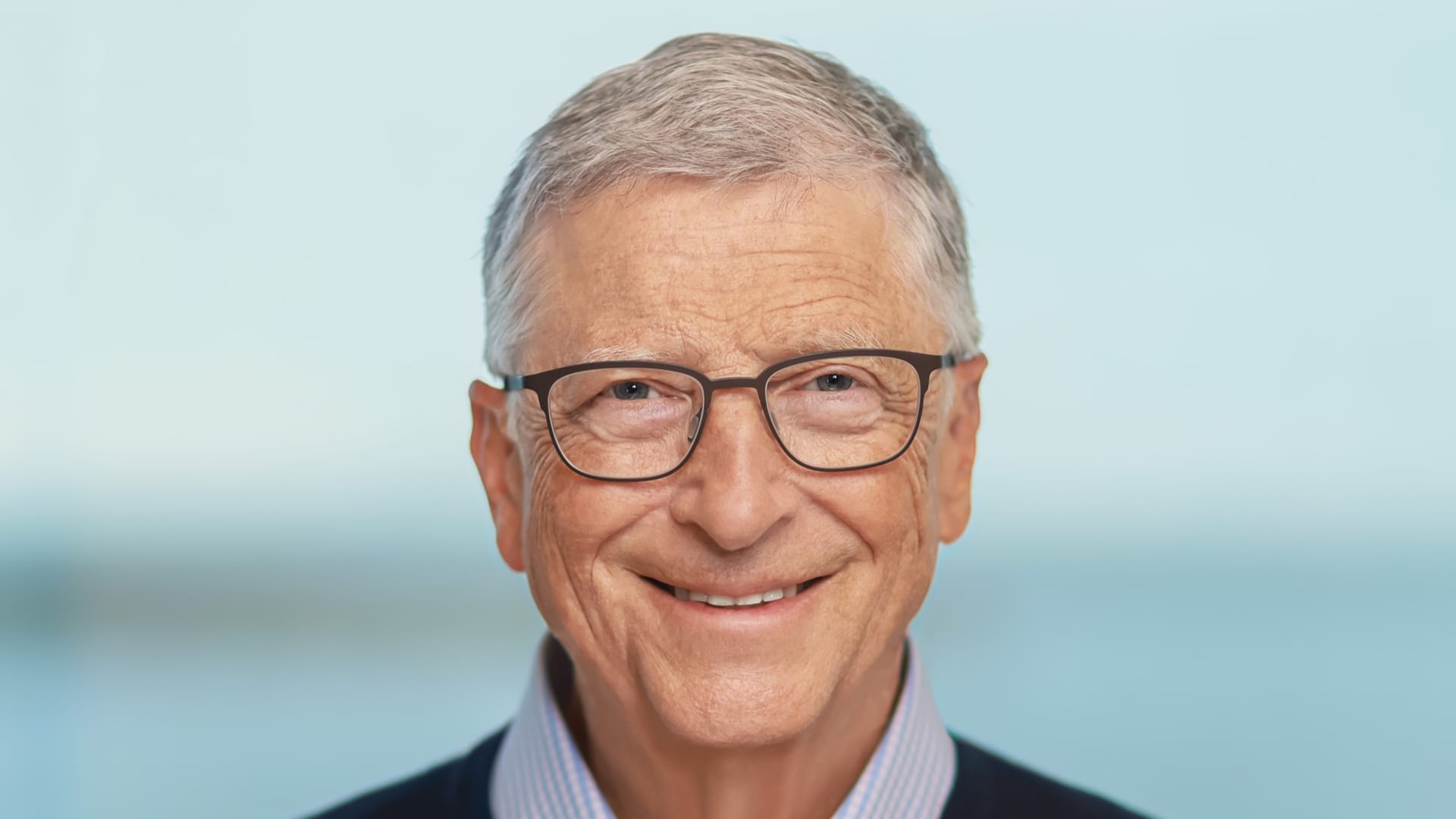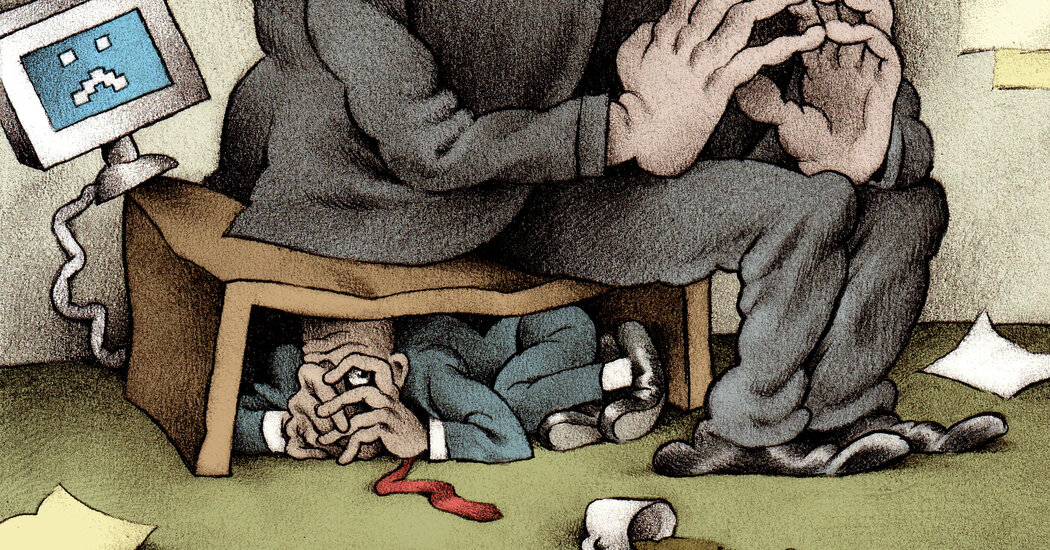Bill Gates remembers the first time he truly felt successful: He was 42, and he’d already been a billionaire for over a decade.
“I wouldn’t say that I felt comfortable that we were successful until about 1998 or so,” Gates tells CNBC Make It. That was 11 years after Gates took Microsoft public and became the youngest billionaire in history to that point at age 31, according to Forbes.
Gates has a new memoir, “Source Code,” which publishes on Tuesday and covers his life from childhood through the early days of building Microsoft, which he co-founded in 1975. In the book, Gates writes about regularly working 80-hour weeks coding software and constantly worrying that any slip-up would cost Microsoft its place at the forefront of the personal computer revolution.
“Not until the late-90s did I feel like, ‘Wow, we can even make a few mistakes and still be OK,'” Gates says. “I thought I was one mistake away from death until then. That was just my mentality.”
DON’T MISS: How to use AI to be more productive and successful at work
At that point, Microsoft was the world’s most valuable public company, worth more than $250 billion. Gates himself was the world’s wealthiest person, with Forbes estimating his net worth at $58 billion. They were so unequivocally successful — due, at least partially, to the Windows 95 operating system’s widespread popularity — that the company faced antitrust lawsuits, as rivals and the U.S. government argued that it had become a monopoly.
“That’s the first time I look back and say, ‘OK, we are in a pretty good position here, and I understand why my competitors are so jealous that they think they need the Justice Department to help them out,'” Gates says.
Microsoft is now valued above $3 trillion, and Gates has an estimated net worth of $165 billion, according to Bloomberg.
‘I have no time to look backwards’
Today, Gates says he recognizes the irony: He spent decades convinced his startup was one mistake away from abject failure, even as he grew it into one of the biggest companies in the history of the world. That disparity isn’t unique to Gates — many successful people have “prodigious amounts of productive paranoia,” leadership expert Jim Collins said in a speech at the 2023 World Business Forum summit.
Billionaire Rocket Lab founder and CEO Peter Beck cites paranoia as “one of my superpowers,” he said last year. Entrepreneurs need to constantly exist in “a good state of very healthy paranoia” to succeed, LearnVest founder Alexa von Tobel said in 2023.
Such hard-charging intensity can drive a company forward, and help a startup grow into a company with staying power. But finding a good balance can be difficult. Too much hyper-fixation on potential negative outcomes can create toxic workplaces and damage your mental health.
Gates has expressed regret over his single-minded focus on growing Microsoft during the early part of his tenure as CEO. He was an intense and demanding boss, and says his anxiety over Microsoft’s prospects often prevented him from enjoying the company’s huge success.
Even after taking Microsoft public in 1986 and landing on a Fortune cover that touted his influx of wealth, Gates was reluctant to celebrate his accomplishments — or even mark important company milestones, fearing complacency.
“I was always running scared,” he says. “So whenever Microsoft would [celebrate] anniversaries, I’d be like, ‘I have no time to look backwards.'”
Want to up your AI skills and be more productive? Take CNBC’s new online course How to Use AI to Be More Successful at Work. Expert instructors will teach you how to get started, practical uses, tips for effective prompt-writing, and mistakes to avoid. Sign up now and use coupon code EARLYBIRD for an introductory discount of 30% off $67 (+ taxes and fees) through February 11, 2025.
Plus, sign up for CNBC Make It’s newsletter to get tips and tricks for success at work, with money and in life.


